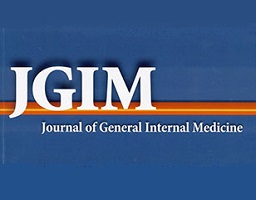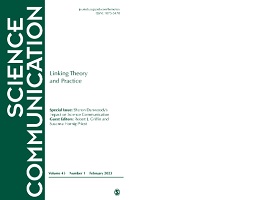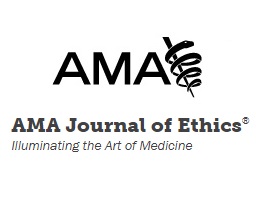Debate regarding the prostate-specific antigen (PSA) screening test centers around test reliability and whether screening reduces mortality.1-3 We consider yet another potential downside to the widespread use of unreliable screening tests: the downstream effect of receiving inconclusive or ambiguous results. When receiving information from screening tests, we usually want to know whether the result is a “yes” or a “no.” Receiving an inconclusive result amounts to a “don’t know”; this situation should have a level of uncertainty regarding the diagnosis similar to that of not conducting the test at all. Yet, we propose that the psychological uncertainty experienced after an inconclusive test result can lead to investigation momentum: additional, and potentially excessive, diagnostic testing. In contrast, not conducting the unreliable test would result in no further action. To investigate this, we evaluated whether receiving an inconclusive result from an unreliable test (the PSA screening), compared with undergoing no test, motivated more individuals to undertake an additional, more invasive and costly, test (a prostate biopsy).
Investigation momentum: The relentless pursuit to resolve uncertainty.






